Digital Humanities Summer Fellowships
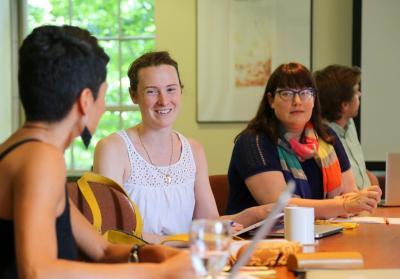
The Simpson Center offers annual summer fellowships for faculty and graduate students to pursue research projects that use digital technologies in innovative and intensive ways and/or explore the historical, social, aesthetic, and cross-cultural implications of digital cultures. The program has three primary goals:
- To animate knowledge—using rich media, dynamic databases, and visualization tools
- To circulate knowledge—among diverse publics
- To understand digital culture—historically, theoretically, aesthetically, and generatively
The Simpson Center gratefully acknowledges the support of a National Endowment for the Humanities Challenge Grant and the Andrew W. Mellon Foundation as well as many donors to the endowment which is underwriting these fellowships.
2025 - 2026 Digital Humanities Summer Fellows
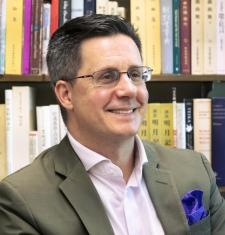
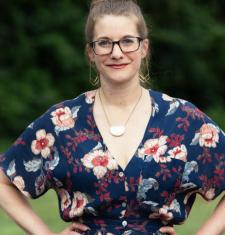
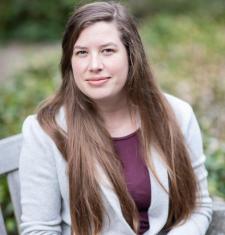
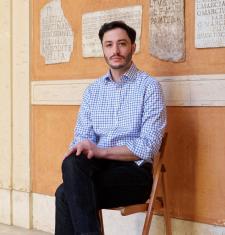
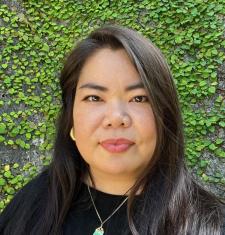
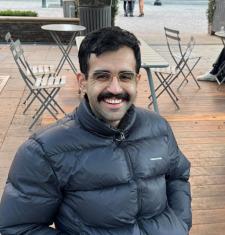
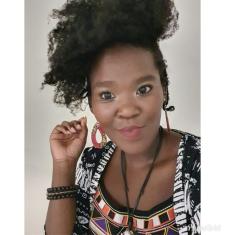
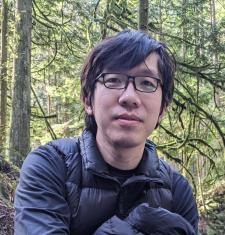
2015 - 2016 Digital Humanities Summer Fellow
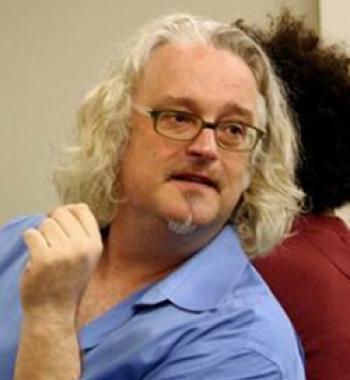
Phillip Thurtle (he/him/his)
Losing My Wings: Interactive Gothic Fables of Development
“Losing my wings” will be a media rich Scalar document that explores why humans don’t have wings from the perspective of literature, film, graphic novels, and the history of science. In doing so, it will urge the readers to dream the dream of flight as a biological capability, an elegy of change and passing, and a new way of conceiving of the relatedness of beings. In these stories, flight is not a metaphor of transcendence, or a fixed physiological capability; flight is a haunting that marks the simultaneous similarity and difference of organic beings and how they position themselves in the world.